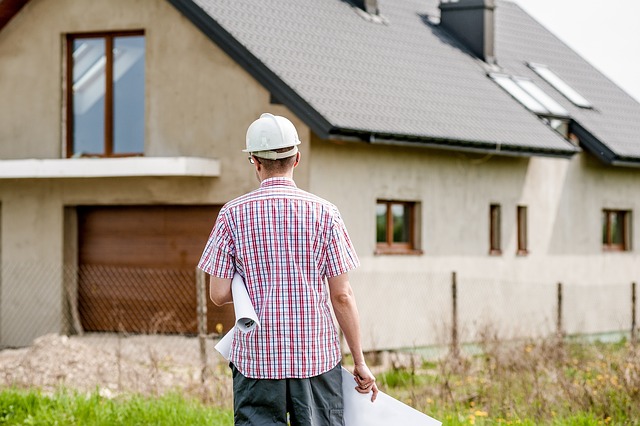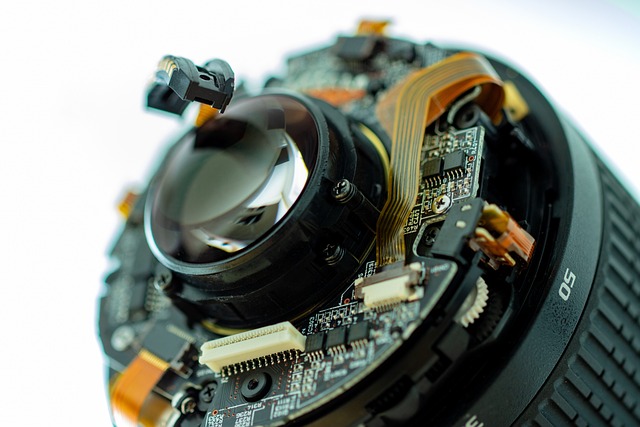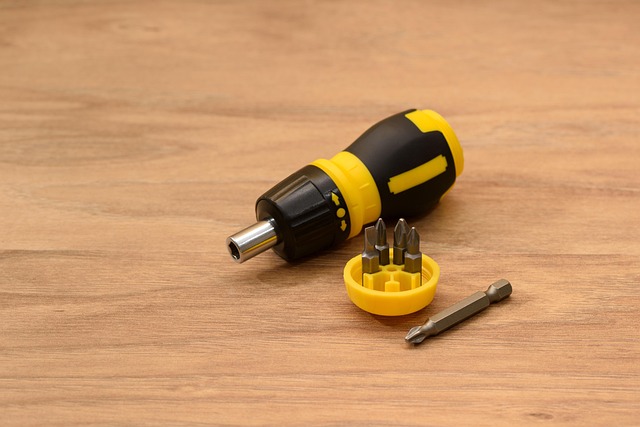Understanding HVAC systems is crucial for homeowners aiming to maintain comfort levels and reduce energy costs. These systems, with components like condensers, evaporators, refrigerants, and thermostats, regulate indoor climates. Regular care includes cleaning/replacing filters, inspecting ducts for leaks, and proper insulation. Knowing when to call a professional repair service is vital for addressing unusual noises, inadequate heating/cooling, or persistent odors. Homeowners can maximize energy savings through regular home repair and maintenance tasks, preventing costly breakdowns and extending system lifespans. Staying vigilant for issues and scheduling routine checks enhance system performance and comfort year-round.
“Uncover the secrets to optimal home comfort with our comprehensive guide on HVAC maintenance and repair. Understanding your heating, ventilation, and air conditioning system is the first step towards efficient energy usage and avoiding costly breakdowns. This article equips homeowners with essential knowledge, offering insights into regular maintenance routines, common issues, and effective troubleshooting strategies. Discover how proactive care can transform your HVAC system into a reliable, long-lasting asset, ensuring a comfortable living environment year-round.”
- Understanding HVAC Systems: A Homeowner's Guide
- Regular Maintenance: The Key to Efficient and Reliable Heating & Cooling
- Common HVAC Issues and Effective Repair Strategies
Understanding HVAC Systems: A Homeowner's Guide

Understanding HVAC systems is crucial for homeowners looking to maintain their comfort levels and reduce energy costs. These complex systems, which stand for Heating, Ventilation, and Air Conditioning, work tirelessly behind the scenes to regulate indoor climates. By grasping even the basics of how they function, you’ll be better equipped to identify issues and perform simple home repair and maintenance tasks.
HVAC units consist of several key components: the condenser, evaporator, refrigerant, and thermostats. Regular care involves cleaning or replacing filters, which can improve efficiency and indoor air quality. During home maintenance checks, also inspect ducts for leaks and ensure proper insulation to maximize energy savings. Knowing when to call a professional repair service is equally vital. Signs like unusual noises, inadequate heating or cooling, or persistent odors warrant attention from experts who can diagnose and fix issues, ensuring your HVAC system operates safely and effectively throughout the year.
Regular Maintenance: The Key to Efficient and Reliable Heating & Cooling

Regular maintenance is an often-overlooked aspect of home repair and maintenance, yet it plays a pivotal role in ensuring your heating and cooling systems run efficiently and reliably throughout their lifespan. By scheduling routine checks and services, you can catch potential issues early before they turn into costly repairs or even system failures during extreme weather conditions. This proactive approach not only extends the life of your HVAC equipment but also enhances its performance, resulting in better indoor comfort for your family.
A well-maintained heating, ventilation, and air conditioning (HVAC) system operates at peak efficiency, saving you money on energy bills. Regular maintenance tasks include cleaning or replacing filters, checking for leaks in refrigerant lines, lubricating moving parts, and inspecting electrical connections. These simple yet vital steps prevent costly breakdowns and ensure your home remains a comfortable temperature year-round.
Common HVAC Issues and Effective Repair Strategies

Many common HVAC issues can be prevented with regular home repair and maintenance. One of the most frequent problems is a buildup of dirt and debris in the system, which can restrict airflow and reduce efficiency. Regular cleaning and filter changes are essential to prevent this. Another issue is a loss of refrigeration substance, which can lead to poor heating or cooling performance. Early detection through routine inspections and prompt repair when necessary can avert significant damage.
Effective repair strategies include using high-quality replacement parts, ensuring proper installation by certified technicians, and keeping detailed records of maintenance activities. Stay vigilant for unusual noises, sudden changes in temperature, or increased energy bills—these could indicate problems that require immediate attention. Regularly scheduled maintenance visits can help identify issues before they escalate, promoting optimal system performance and extending the life of your HVAC equipment.
Proper HVAC maintenance and timely repairs are essential for ensuring a comfortable living environment. By understanding your system, performing regular upkeep, and addressing common issues promptly, homeowners can achieve energy efficiency, extend equipment lifespan, and maintain optimal indoor comfort. Regular home repair and maintenance practices truly are the key to a well-functioning HVAC system.
